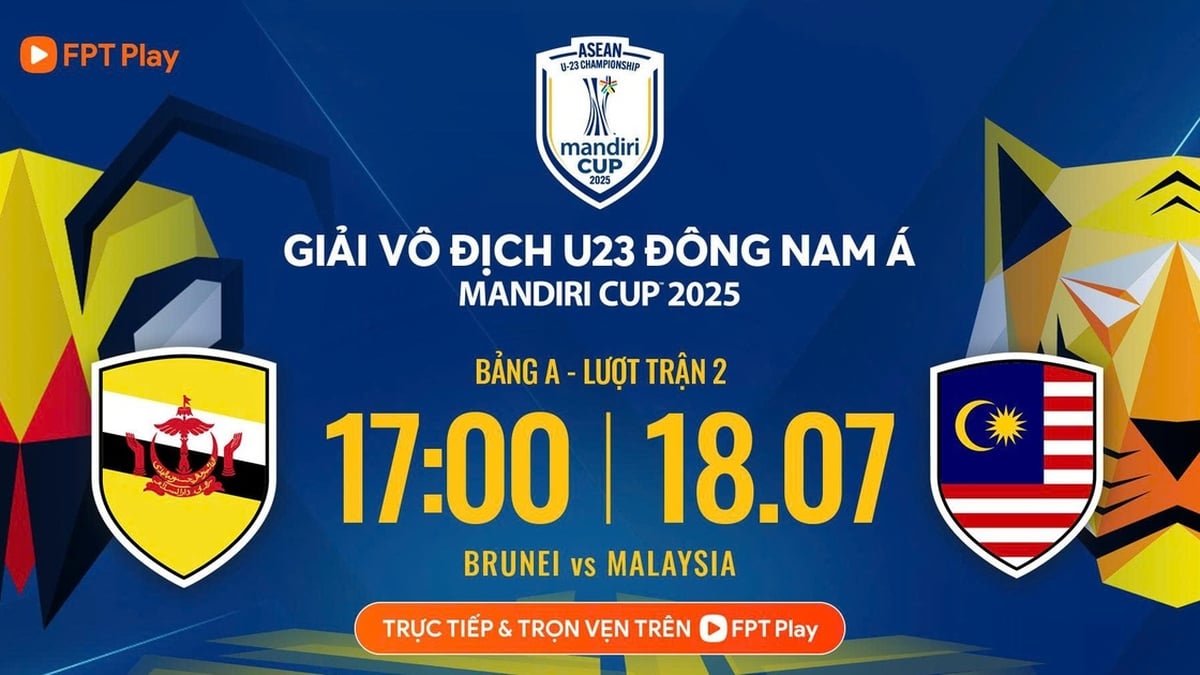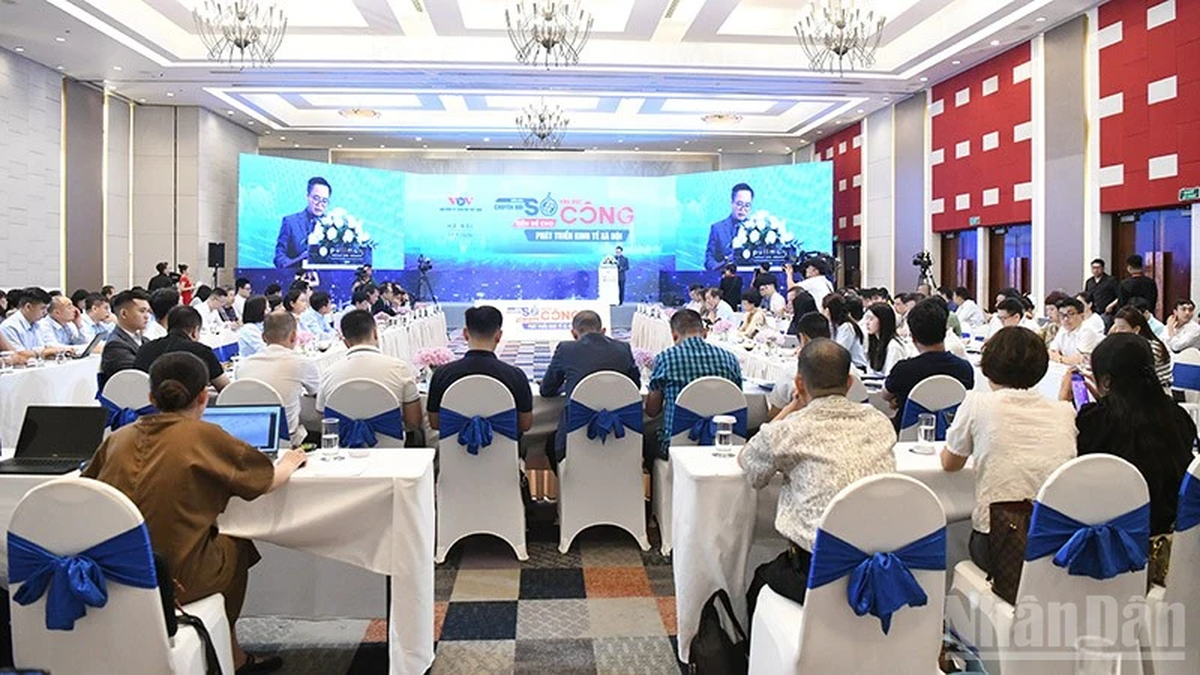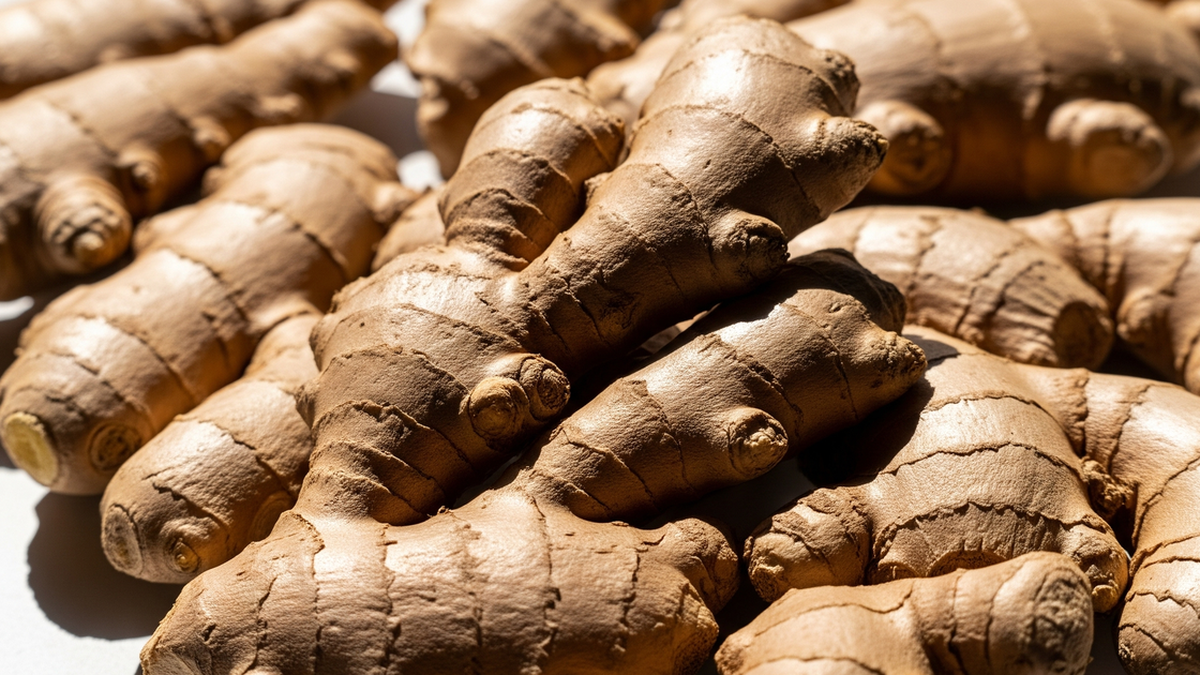There are some researchers who are still working hard to prove that the Vietnamese had writing (ancient Vietnamese writing) before the Chinese. Loving the Vietnamese language to the point of (possibly) hopelessness is what love is! (In the past, to protect the honor of Bulgarian culture, G. Dimitrov
He even scolded the fascist court directly, “Bulgarians have been writing in Slavic since the German Emperor Charles V said that German was only fit for speaking to... horses!” That is also a way of loving the national language, and that is love!). What is the point of loving “average”?
Before proving that ancient Vietnamese script is real, we still have an eternal treasure, the ancient Vietnamese language.
The Vietnamese language has existed and developed in the “shell” of Chinese characters for thousands of years. By writing Chinese characters and still reading them in Vietnamese - without following anyone's lead/need to “talk by pen” - our ancestors have achieved extraordinary achievements.
Then the Vietnamese language existed and developed in the "shell" of Nom characters - improving the Chinese characters to have a separate "shell" for the Vietnamese language - and had great achievements such as Nom poetry (national language poetry) of Nguyen Trai, Nguyen Binh Khiem, Nguyen Gia Thieu, Nguyen Du, Ho Xuan Huong, Doan Thi Diem, Ba Huyen Thanh Quan... Then just because of the fatal weakness of Nom characters, that one must be good at Chinese characters to be good at Nom characters - the surface of Nom characters is even more complicated than the surface of Chinese characters - that Nom characters did not become "national language"! But even so, the "national language" - Nom sounds (Southern sounds?) - only became richer and richer, more beautiful and better, and never faded away. That love for "national language", how immense!
Then, the Vietnamese language existed in the "shell" of the National Language, until now! Three months to eradicate illiteracy! The National Language is so powerful, can it be done without using it? For a long time, we have calmly used the National Language to "transcribe" Chinese characters for our people to read according to the Vietnamese "sound". We often call it the Sino-Vietnamese "transcription". Many people say that the Vietnamese language came first, then "crawled" into the "shell" of Chinese characters, so that "transcription" should be called the Vietnamese-Chinese "transcription", right? Why call it the Sino-Vietnamese "transcription"? Our language came first? If it was born first, it should be "anh/chi" right? Just listen and love it! But when you love it, right or wrong will be discussed later!
***
So the Vietnamese language, even though it has to wear a "coat" of hieroglyphic or comical characters, will always remain and become more and more beautiful, more and more interesting, more and more capable of expression and feeling, even in fields other than poetry/scriptures.
Gradually, the Vietnamese language is enough for the people to teach morality: "Father's merit is like Thai Son mountain - Mother's kindness is like the water flowing from the source", "Never scold a beggar - Snap your fingers, the beggar is me", "If you stir, stir clear water - Don't stir muddy water, it hurts the young stork's heart", "Autumn wind lulls mother to sleep - Five watches of sleep and wakefulness are enough for the year"...; enough to teach life experience, production experience: "Dragonflies fly low, it rains", "When the cotton tree flowers fall, we sow sesame seeds"...; enough to be romantic: "Climbing the grapefruit tree to pick flowers - Stepping down to the eggplant garden to pick the spring buds - The spring buds bloomed green - You got married, I regret it so much", "Yesterday, I splashed water by the communal house - Forgot my shirt on the lotus branch", "Once upon a time, there was a man named Truong Chi - He was really ugly, but he sang really well"... The quintessence is written: "A hole opened up like a coffin" (Ho Xuan Huong), "Breaking the old mirror to find the shadow - Folding the old clothes to save the scent" (Tu Duc), "The winding bamboo alley is deserted..." (Nguyen Khuyen), "Asking for umbrella, when did the umbrella disappear - Asking you, you just kept mumbling and not answering" (Tu Xuong), "From (is the word) husband general - The precious sword was conferred on him to go on the road...!" (Cao Van Lau), "The ambition of a man is passionately patriotic - How could I blame anyone's love?" (Lullaby of the South), etc.
Such is the aspiration of our ancestors, such is the effort of generations, such is the struggle to find a "shell" for the Vietnamese language, such is the brilliant achievement, as a Vietnamese, if we do not love Vietnamese the most, then what language do we love the most?
Until now, many writers still learn from their ancestors: fasting, burning incense, then "opening the pen". Only when they respect their ancestors and the Vietnamese language, they do so. Being "scolded" for not loving (or not yet loving) the Vietnamese language is being scolded very harshly! Not being sad, not being offended, is also difficult! But forcing everyone to love equally, is also... just as difficult!
***
But Vietnamese must also be divided into two areas: common Vietnamese, and artistic Vietnamese (not to mention the "specialized" Vietnamese areas, including administrative Vietnamese that requires precision, which will increase day by day).
With common Vietnamese, first of all, use whatever is “convenient”, but the more precise, concise and easy to understand - the more people understand - the better. All forced, mixed, even ridiculous things will gradually fall away, because people must definitely move (gradually) towards precision, conciseness, and easy to understand (simplicity?). Being lazy (or hasty or not sensitive enough) and making Vietnamese impure is only “temporary”, every time we encounter new foreign words or syntax. That said, common Vietnamese also has some interesting sentences! For example: “Thao dan went to Toyota/ The father and son of God went to the train station to wait for the train”, etc.
But if we just leave it like that, let the common Vietnamese language “self-filter” naturally, it will be slow and bad! Therefore, schools (especially general schools) and professional linguists must not be lazy like everyone else in “standardizing” Vietnamese, and even if they are not in a hurry, they must be quick to write books (and teach) people rhetoric. Rhetoric is best taught from a young age (Learning to eat, learning to speak, learning to wrap, learning to open). Textbooks, especially our Vietnamese textbooks, have long been wordy and not very good!
After textbooks, good Vietnamese literary works (or literary works translated into Vietnamese) are the best rhetorical “tools”. But saying that is already talking about the artistic Vietnamese language.
Artistic Vietnamese must also originate from common Vietnamese, but gradually it was selected and created by "anonymous" people over thousands of years (in folk songs - proverbs - folk songs - fairy tales - folk poems), then gradually selected and created by "literate" artists over thousands of years, and further improved in their works. Thuy Kieu is older sister, sister is Thuy Van is just common Vietnamese, but Mai cot cach, tuyet tinh than, if one does not respect mai kinh tuyet like Nguyen Du, one cannot continue to write in there to combine the two previous sentences to form artistic Vietnamese! Lép nhep dâm hàng đip - Lợ thơ mà mà khuong bushes can also be written by ordinary people, but to continue the two following sentences to make his masterpiece "a masterpiece", only Nguyen Gia Thieu can: Ve chi teo te canh - Yet also tang thuong! etc. etc.
Therefore, when schools teach good rhetoric; when our literature is pure, beautiful, and interesting; when the media (extremely important to the present) tries not to rush into making forced, mixed, and ridiculous mistakes; then from small things like choosing stage names, to big things like making the Vietnamese language beautiful, all will be successful!
Well, usually, people with “literacy” name their children better than people with “less education”. That’s why there has always been a practice of asking for names and letters. And knowing how to ask for names and letters is already knowing how to love artistic Vietnamese. Artistic Vietnamese elevates and gradually “academicizes” common Vietnamese in that way.
The last thing, which is not pleasant but must be admitted, is that there are many people (increasingly) who name, use titles, speak and write for purposes other than the purpose of purifying the Vietnamese language (to make profit, to seek fame; to be different, to integrate...). Even many literary "authors" do the same. For example, there is a poet who writes in proper Vietnamese, but advises his young colleagues: "You must write poems that are easy to translate into foreign languages in order to become famous". How miserable! If poetry is "easy to translate", how often is it good? How often is it "rich in Vietnamese identity"? And when it is not "rich in Vietnamese identity", how can poets contribute to protecting and improving the Vietnamese language?
Source: https://nhandan.vn/tieng-viet-yeu-va-cach-yeu-post275461.html




































































































Comment (0)